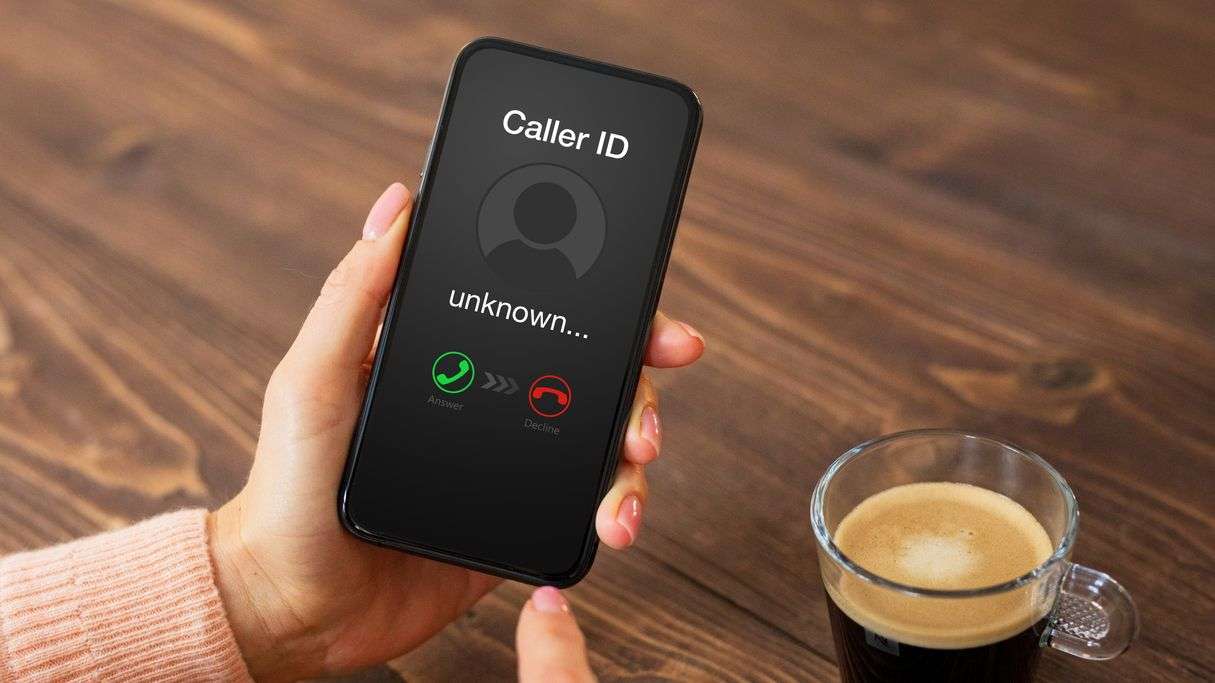The Telecom Regulatory Authority of India (TRAI) plans to roll out the KYC based caller system in India in the next three months. This would ensure that only real names get displayed on the screen when someone calls and not an alias or fake name.
Why this may be a good thing
This could help solve the pesky spam call problems which are rampant across the country. We’re all tired of the next salesman trying to sell us an insurance policy or a wonder product. Even more serious than spam (which has mostly been solved by 3rd party services and apps), it might help solve the Indian scam problem which is infamous in the world.
But the question is, will it really solve the problem or would scammers find other ways to scam you anyway. Will there be new laws as to how we purchase sim cards? What if someone gets a sim card under someone else’s name? What are the laws to prevent loopholes? Has TRAI really thought this through?
Mandatory caller ID based on KYC documents. Love the idea.
(Possibly end of the road for TrueCaller in India) pic.twitter.com/dhDYip7nCM
— SK (@sruthijith) November 16, 2022
Why this may NOT be a good thing
If someone has your full name, they can find out a lot of things about you through one google click. You can literally look up someone’s name on LinkedIn and know all their connections. Every time you give your number to the delivery service or the cab service, you risk a privacy breach and you can’t do anything about it.
At least with truecaller, there was no guarantee if it was a real name or not, since it’s crowd-sourced. The move by TRAI could also put women and children at risk of harassment.
Does this mean the end for truecaller?
People are speculating that it would replace Truecaller, the Swedish caller identification app. But in a statement by Truecaller CEO and co-founder Alan Mamedi, they don’t see the proposed KYC-based caller ID mechanism as a competitive service.
“Based on the information available at present, we do not see that this would be a competitive service comparable to the full range of services and functionality that truecaller offers to our more than 310 monthly active users.”
